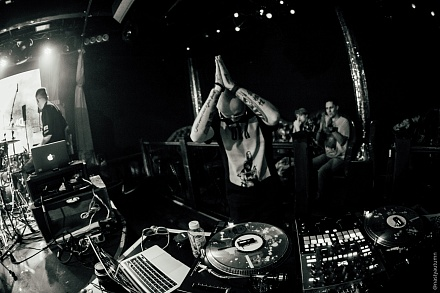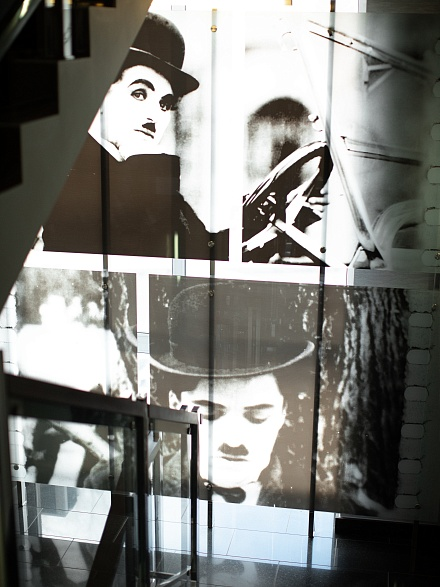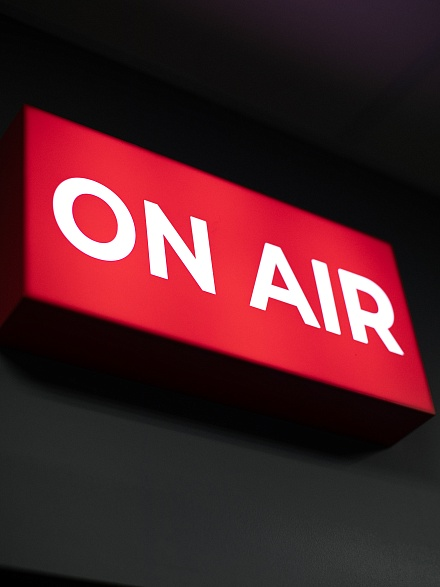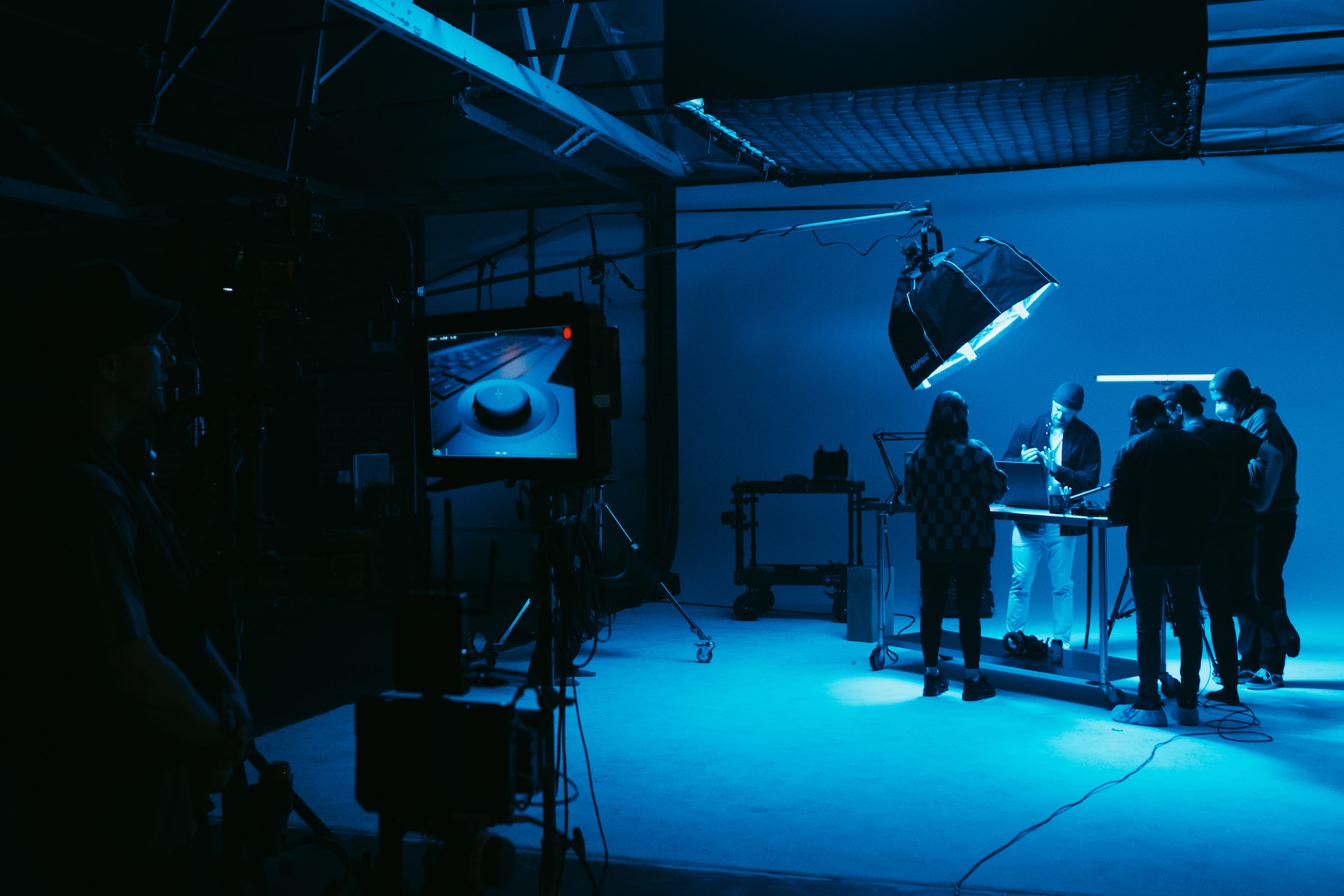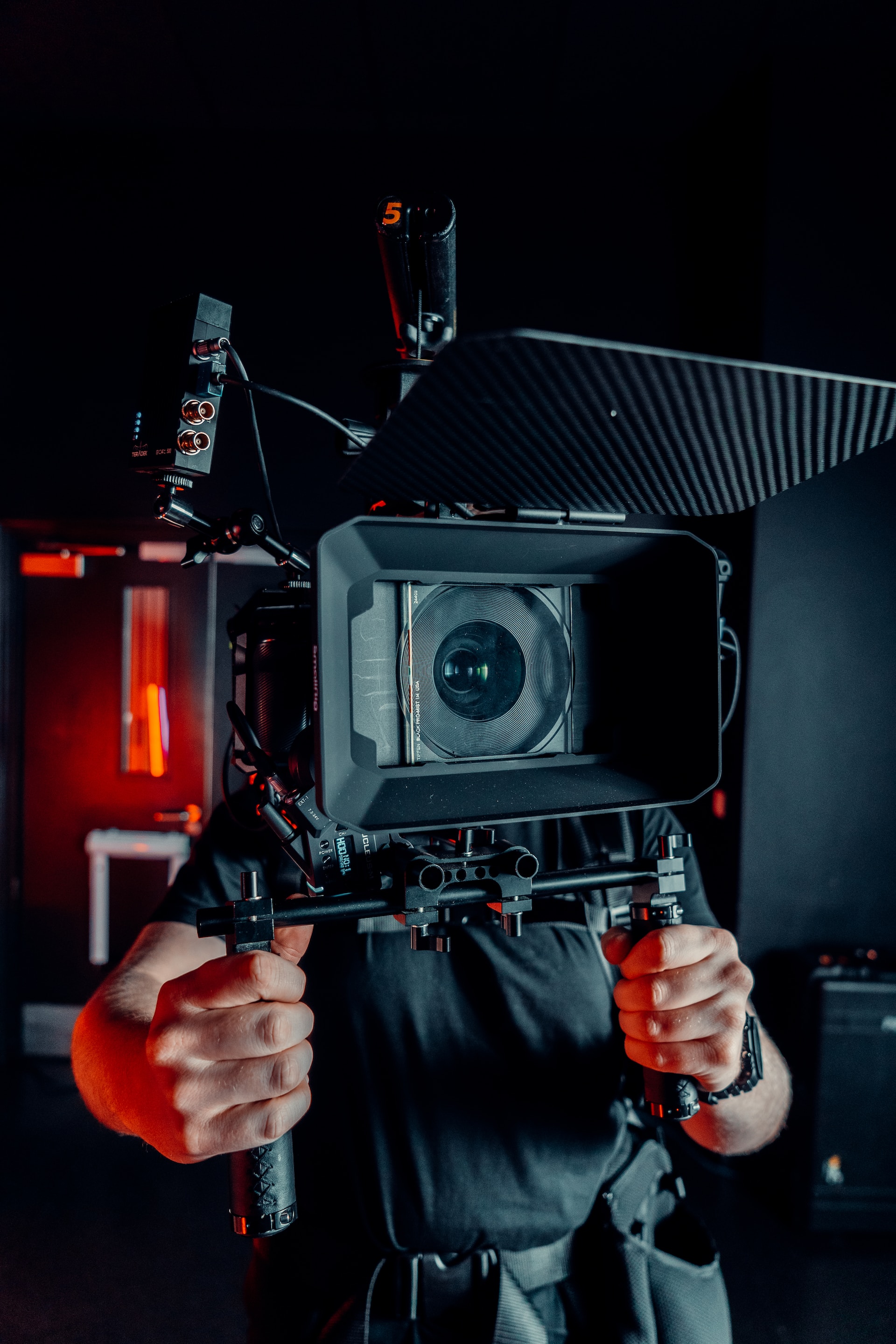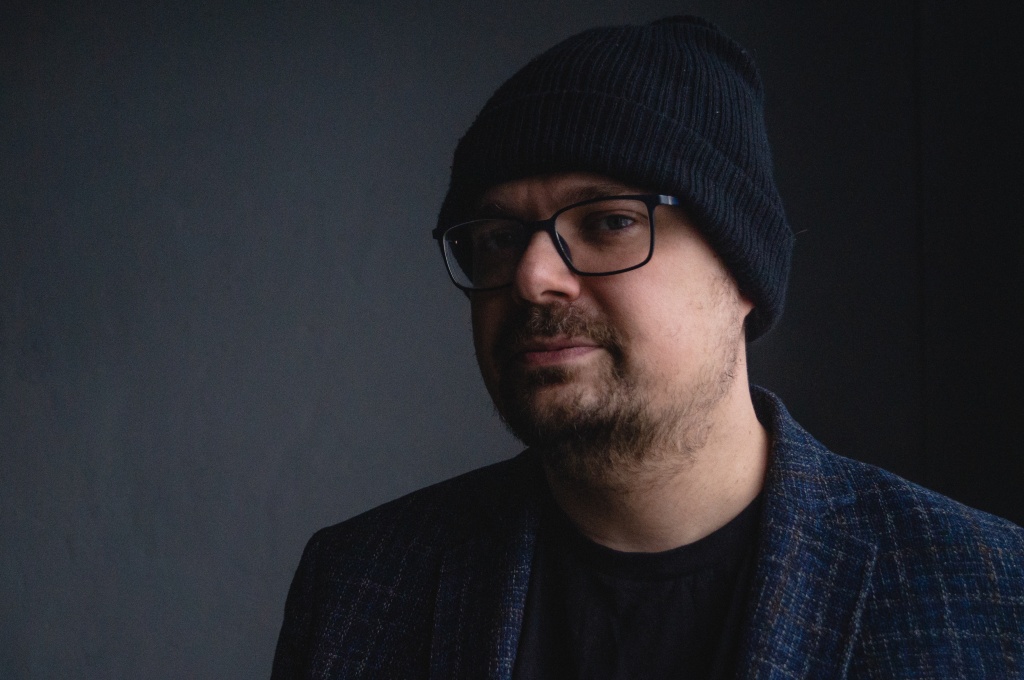
These days music producer and longtime friend of the “Voices of the Big Country” studio, Andrei ‘M Clis’ Ryzhkov is a renowned member of the Russian music industry. He works with famous artists (from Leonid Agutin to Antoha MC), teaches music production and recently made his dream come true by opening his own recording studio. But he also remembers well his very first trip to the professional studio. And now, many years later, he agreed to share useful tips that will come in handy for both professionals and beginners. So listen, take notes and don’t hesitate to act a fool (as according to Andrey, that’s the big secret of productive work!).
Tell us about yourself. Extra points for keeping it short and juicy, of course!
I have been producing music for about 25 years. And for over 20 years I’ve also been teaching and creating various projects (both musical and educational).
The lists of “my” artists includes: Antoha MC, Leonid Agutin, LOVANDA, Sirotkin, AMIGO, Yana Blinder, TOTAL, Tima Akimov, Masha Maria, Terra, yasno, Folkbeat. I worked on the soundtracks of the movies “Warrior”, “About Love: For Adults Only”, “Not Them” and the TV series “Yuzzz”, as well as with the brands Sber, Yandex, VTB, Coca Cola, VK, Adidas, Perrier, Avon. I recently opened my own recording studio, “Oplot”.
How does a producer choose a studio? What are the absolute musts?
I believe that each producer has his own criteria based on his personal experience. As a rule, everyone has their own preferences regarding both the size of the room and decor, as well as studio equipment and personnel.
For example, there is no point in working in a large studio if you write chamber music or if you have an indie project. Because you won't need as much space. And if we are recording an orchestra, then we will be cramped in a small indie studio. Accordingly, different studios are needed for different tasks.
For me personally, good monitoring and a good variety of microphones are important in the studio, because this is where the path of sound in the studio begins and ends. The more decently everything can be heard in and out, the better!
Are there multipurpose studios? Or, for example, should each musical genre have its own “home”?
Your studio is an excellent example of a multipurpose studio, because I have worked there on a variety of projects and have always been extremely pleased with the result. I really like that you have an incredibly professional approach to both technical equipment and the team. An excellent selection of microphones, great engineers, awesome equipment. I don’t know another studio in Moscow that could compete in terms of the level of equipment diversity and cool ideas per square meter.
Describe your dream studio.
Oh, I recently opened such a studio. And now I have it! It is a small, “boutique” one. It has very good control, everything is visible, very cozy and it is never clear what time of day it is. And you can hear everything in it quite softly, so you can both record vocals and listen to the music. All this suits me very well. I love my studio! But if we are talking about some large and complex projects, then I still go to “Voices of the Big Country”. For example, to record a drum line.
So basically every producer wants to open his own studio?
Yes, indeed. Studio, production, and more. Maybe even with branches.
Is it important for you to personally know the studio staff before starting work?
In my case, it is preferable to have personal contact with the studio team. It is interesting to know what kind of people they are, what they like and how we can interact with them. But there are also studios that generally have a very good reputation and you can trust them, even if you don’t know the staff personally.
How do you decide what to do in the studio and what to do at home?
Everything is simple for me: I do everything in the studio and do nothing at home.
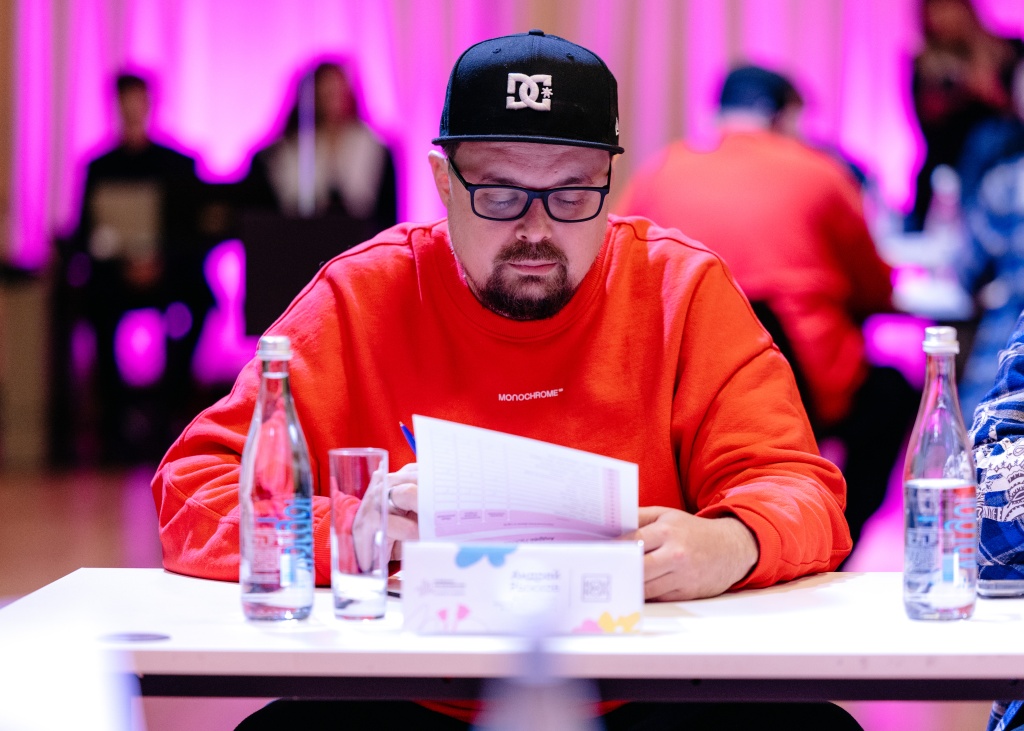
How do professionals find out about studios and what parameters do they rely on: do they read reviews and ratings or is it always word of mouth?
In my opinion, every producer draws on his own experience. Therefore, word of mouth is a more likely story, because it is a neural network of other people’s experiences. But a new studio can also attract attention with catchy advertising or some other marketing initiative.
What do you always tell artists before going into the studio with them? Any tips, advice, warnings?
As a rule, I brief the artist like this: “We will fool around, indulge and engage in all sorts of obscenities.” So that when the need for serious work arises, they would be more than happy for it. Because usually in the beginning people are very tense and begin to stress even more as they work. The easiest stage of working with me is the initial one. It is the most optimistic and frivolous one. And then we begin to slowly dive into the details. I always try to maintain this order.
How important is it for a new producer to go to big studios?
This is very important. You need to learn how to deal with big sound, big equipment and big responsibility in a big studio. All this is interconnected.
Time for your favorite studio stories!
My favorite story is about how I got into my very first recording studio. It was the Alexander Kalyanov Recording Studio. This very respected and professional gentleman taught me two basic principles. First, you need to learn to work on the most modern software. Secondly, the studio needs to make a good impression in order to be trusted. Kalyanov conveyed all this to me in just one phrase. When I asked him why he needed so many light bulbs, he replied: “To make the sucker numb.”
Top 5 tips for beginning producers (both about working in the studio and in general).
-
Always listen more than you speak or do.
-
Always use a notepad.
-
The best edits come after a few days of listening, rather than immediately after work.
-
Always buy licensed software as it will save you a lot of money, time, nerves and effort.
-
Always, always remember that the music comes first. Everything else is an illusion.
